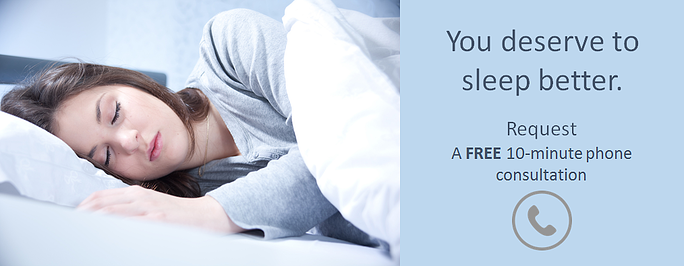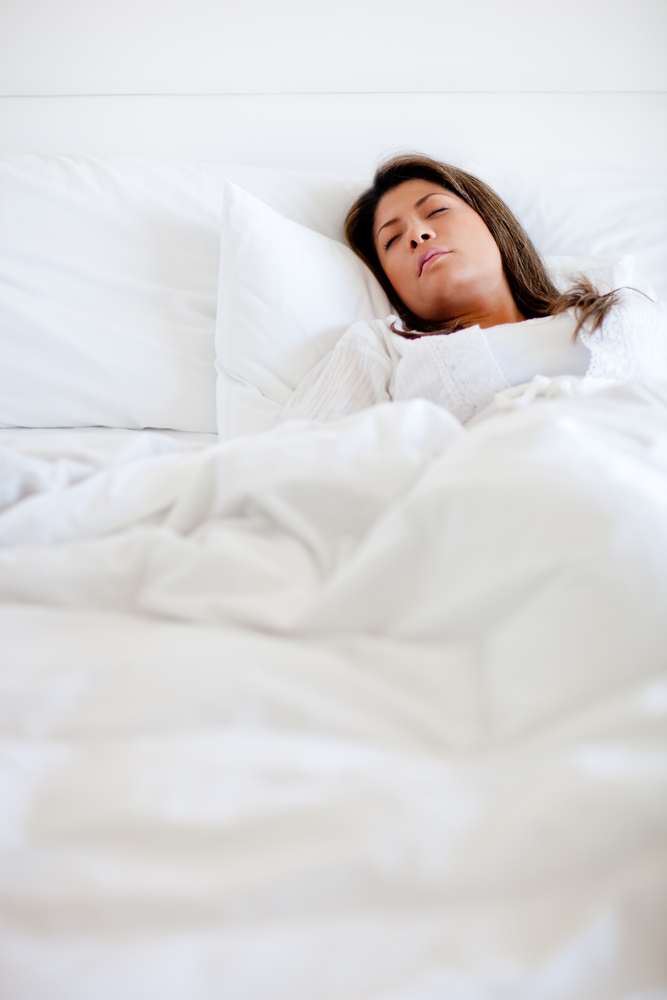There are several cycles that have to do with sleep. The most easily recognizable one is our overall pattern of sleep and wakefulness. When we wake in the morning, we begin to build sleep ‘debt’. This accumulates during the day, making us tired and wanting to go to bed at night. During the night’s sleep, this debt gets paid off. If our sleep debt accumulates without getting paid off, we feel tired and groggy all day. We don’t work at our optimum level – focus, creativity, production, decision-making all suffer. This is the first cycle – a period of long wakefulness followed by a period of long sleep. This is the cycle that keeps track of our sleep debt and it is this sleep debt I’d like to show you how to manage.
Biological Clock or Circadian Rhythm of Life
We are probably not as aware of the second cycle, although we’ve all experienced it. We have another daily cycle that includes periods of alertness and sleepiness. In the morning, when we wake, we have the first alert period. Later in the day – late afternoon or early evening, we experience another period of alertness – this one stronger than the first one because it has to overcome more sleep debt. In between these alert periods, we experience a period of sleepiness, usually in the early afternoon. Many people attribute this tiredness to their lunch – “I always feel like sleeping after I eat lunch”- but it is actually a normal part of the overall sleep/wakefulness pattern or circadian rhythm of our lives. Some cultures recognize this by providing a siesta time in the afternoon. It is this cycle that explains why, even though we may have fought sleep a little earlier, we will have a period of alertness in the evening. But this alertness has not canceled our sleep debt – it is simply a part of our biological clock.
It is this cycle that produces jet lag. If you’ve traveled, you’ll be familiar with the way our bodies want to hang on to the time frame that we’re used to. We are wide awake in the middle of the ‘new’ night when we know we need to sleep and we fall heavily asleep in the middle of the ‘new’ day.
It is also this cycle that regulates chemicals, hormones, and nerves in us and that can so easily get out of balance, making us prone to obesity and diseases like diabetes, cancer, and heart trouble. And it’s this cycle or biological clock that wakes us before the alarm clock goes off.
Seasonal
There is evidence for another, third cycle of sleep, too. This one follows the seasons. In summer, when there is more natural light, we need less sleep than in winter when the long dark hours propel us to sleep more.
Throughout life
And then there is the cycle that changes throughout life. We all know that babies sleep a lot although they don’t sleep right through the night. Gradually their sleep patterns change and they sleep in more consolidated ‘chunks’. Toddlers need naps but as they grow, they outgrow their need for naps and get the sleep they need in a long night’s sleep.
Children and teens need 8 – 10 hours of sleep per night. Teens are generally sleep deprived because they want to stay up later and indeed, their changing patterns dictate a later sleep time, but they don’t sleep long enough in the morning to fulfill their needs. Maybe it would help to tell them that in addition to eating well for optimum growth, they need to sleep well, too. Sleep deprivation can stunt growth!
By age 30, we are generally needing a little less sleep but are getting much less sleep. Average 60, we sleep less at night but we need daytime naps again.
The Different States in Life Need Varying Amounts of Sleep
Pregnant women may find they need a lot more sleep, especially during early pregnancy. If we are recovering from a serious illness or undergoing chemotherapy we may find we need more sleep.
In all these cycles and stages, there is a complex relationship to other parts of our physical bodies as well as to our minds and emotions. As we touched on in the previous lesson, there are temperature changes, hormones, and chemical changes, and nerve cell activities that are all affected. We really mess up our health when we mess with the natural cycle of sleep.
To do:
- When you find the time that is optimal for you (as you keep your sleep diary), make the best use of it. Use it for yourself profitably. My best time is early in the morning. That is when I write when I do something to enhance my own life. Later, I go to work for my employer. I like my job and do it well and try to get enough sleep so I can focus and be productive during the whole day, but the very best time, I keep for myself. Find your best time and, if possible, use it to pursue your dreams.
- Try to sleep when it’s dark. Some hormones, like melatonin, need the dark to operate. If you need to sleep during the day, try to make your room as dark as possible. Use blackout curtains or wear a sleep mask. If you come off shift work, wear sunglasses on your way home so the bright morning light will not wake you too full.
If you’re struggling with getting enough sleep, or you’re feeling groggy and disorientated in the morning, you may have bigger issues than just understanding your sleep cycles. The best thing you can do is visit your local sleep specialist. If you live in Alaska, click on the link below to find a sleep specialist closest to you.












